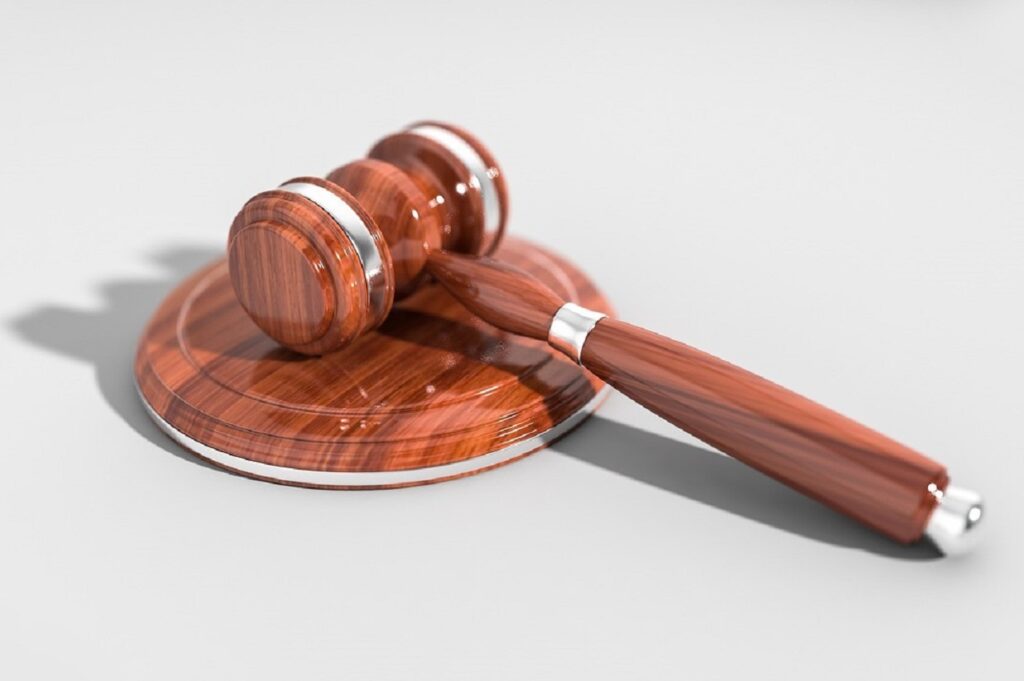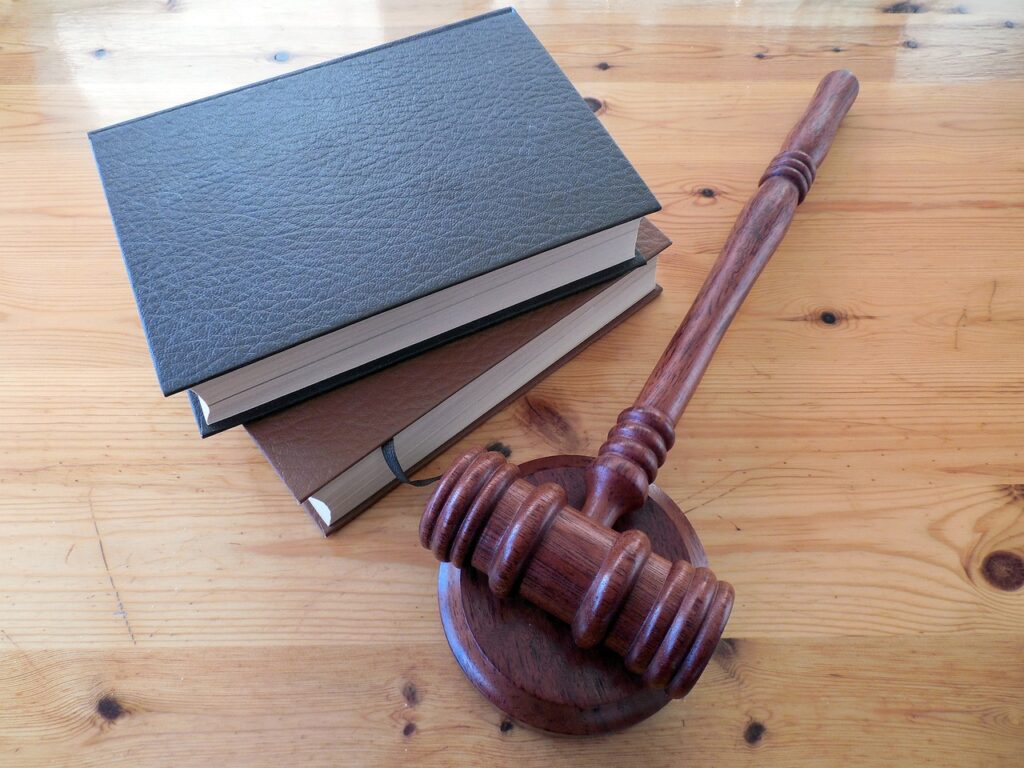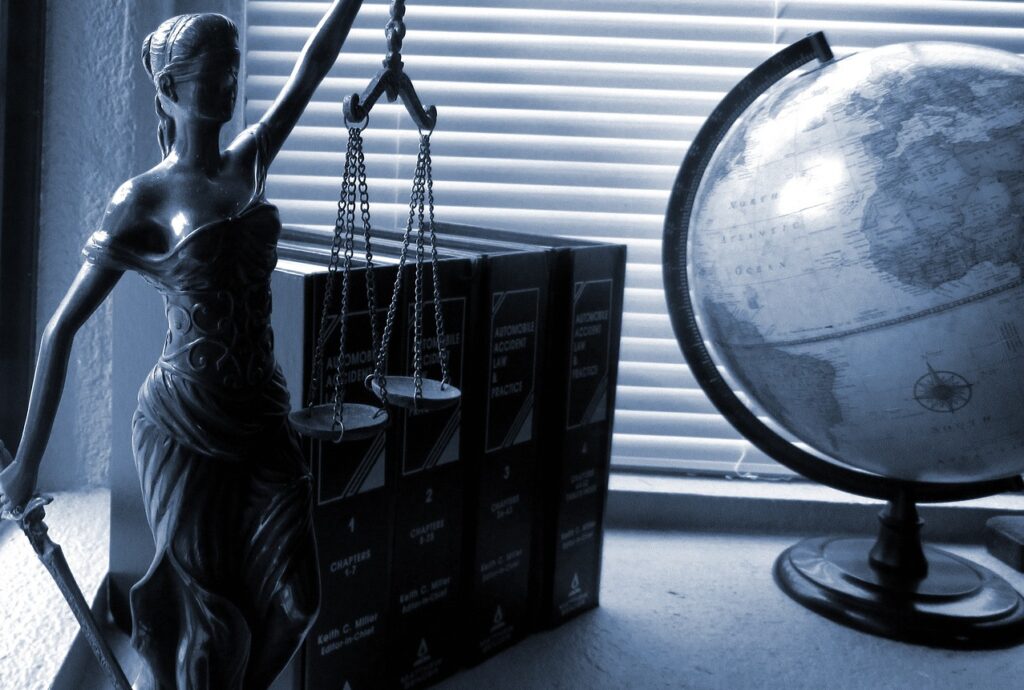In this article we analyze the second chapter of the Constitution of the Republic of Lithuania, shortening the thought and highlighting key words, which will make it easy to grasp the essence of the document, making it more accessible to understand. We also provide a summary, where is the squeeze.
PERSON AND STATE
SUMMARY
- Chapter II protects human rights to:
- freedom
- personality
- private life
- own
- housing
- beliefs and their expression
- freedom skyrocket, religion and conscience
- At the same time, rights can be limited legally if necessary to guarantee public safety., public order, health and morality of people, as well as other fundamental rights and freedoms of the individual.
- Beliefs and faith cannot be an excuse for crimes.
- Exercising rights, laws and the Constitution must not be violated.
- Everyone is equal before the law.
- Everyone has the right to a fair trial. The person is presumed innocent, until the court proves it. You cannot be forced to testify against yourself or your loved ones.. Punishment is determined only by law. You cannot be punished twice for the same crime. A person has the right to be defended by a lawyer.
- Citizens have the right to travel in Lithuania and abroad; with 18 years can elect and be elected; may criticize the government; have the right to petition; have the right to create parties and associations, as well as peaceful assemblies.
- National minorities have the right to develop their language, culture and customs.
Article 18
Rights and freedoms people are natural.
Article 19
Right person for life protected by law.
Article 20
Freedom person inviolable.
No one can be arbitrary detained or arrested. Freedom can be limitedA only legally.
Detained for 48 hours must be taken to court, where is the question of justification for detention. If the court does not order the person to be arrested, it must be released.
Article 21
Personality person inviolable.
Dignity person defends himself by law.
Prohibited torture, mutilation, humiliation, ill-treatment, and also install such punishments.
Human, without his knowledge and voluntary consent, cannot be subjected to scientific or medical experiments.
Article 22
Privacy person inviolable.
Correspondence, telephone conversations, telegraphic messages and other communication of a person inviolable.
Only the court can resolve collect information legally.
Law and court guard from arbitrary or illegal interventions into personal and family life, encroachments for honor and dignity.
Article 23
Property is inviolable.
Property Rights protected by laws.
Repossession of property possible only legally for public needs and with fair compensation.
Article 24
Housing person inviolable.
Without consent you can't enter the house, except with a court order or for the lawful maintenance of public order, detention of a criminal, saving lives, human health or property.
Article 25
A person has the right to his own beliefs And their free expression.
It is forbidden hinder search, receiving and disseminating information and ideas.
Such freedom limited only by law to protect health, honor and dignity, privacy, human morality or constitutional order.
Freedom incompatible with criminal actions - inciting national, racial, religious or social hatred, violence and discrimination, with slander and misinformation.
A citizen has the right legally receive existing information about him in government agencies.
Article 26
Freedom thoughts, religion and conscience not subject to restrictions.
Eat right to choose religion or religion and alone or together with others, to confess it privately or publicly, perform religious rites, practice and teach religion.
It is forbidden coerce choose or practice any religion or faith.
Only law Maybe limit profession and propagation of religion or faith and only for provision public safety, public order, health and morals of people, as well as other fundamental rights and freedoms of the individual.
Parents and guardians are free to provide for the religious and moral education of their children and wards in accordance with their own convictions.
Article 27
A person's beliefs, the religion or creed he practices cannot justify a crime or failure to comply with laws.
Article 28
Using your rights, the Constitution and laws must not be violated or restrict the rights and freedoms of others.
Article 29
Everyone is equal before the law, court and other government. institutions or officials.
Rights cannot be limited or expanded from-for half, race, национальности, language, origin, social status, religion, beliefs or views.
Article 30
Everyone can go to court in case of violation of rights.
Refunds material and moral damage established by law.
Article 31
Human considered guilty only by court decision.
Everyone has right to an independent and impartial court.
It is prohibited to force testifying against yourself, members of your family or close relatives.
Punishment can only be prescribed or used on the basis of law.
Can't be punished for the same crime second time.
Everyone is guaranteed right to defense, as well as the right to have a lawyer.
Article 32
A citizen can move freely and choose your place of residence in Lithuania, can freely leave Lithuania.
This right can limit only the law and if necessary to ensure the security of the state, protecting people's health, as well as in the administration of justice.
It is forbidden prohibit a citizen from returning to Lithuania.
Every Lithuanian can settle in in Lithuania.
Article 33
Citizens have right to manage how directly, and through democratically elected representatives, and also apply for state. service Republic of Lithuania.
Citizens are guaranteed right to criticize government job. institutions or officials, appeal their decisions. Harassment for criticism is prohibited.
Citizens are guaranteed right to petition, the procedure for the implementation of which is established by law.
Article 34
Suffrage appears with 18 years.
Right to be elected established by the Constitution of the Republic of Lithuania and election laws.
The incapacitated cannot participate in elections.
Article 35
Citizens are guaranteed right of free association into society, political parties or associations, if their goals and activities do not contradict the Constitution and laws.
Nobody cannot be forced to belong to any society, political party or association.
Creation and activities political parties, other political and public organizations are regulated by law.
Article 36
Citizens cannot be prohibited unarmed meetings.
That's right limited only by law and only if necessary to protect state or public safety, public order, health or morals of persons or the rights and freedoms of others.
Article 37
National minorities have the right to develop one's language, culture and customs.
Read The Constitution in its entirety


